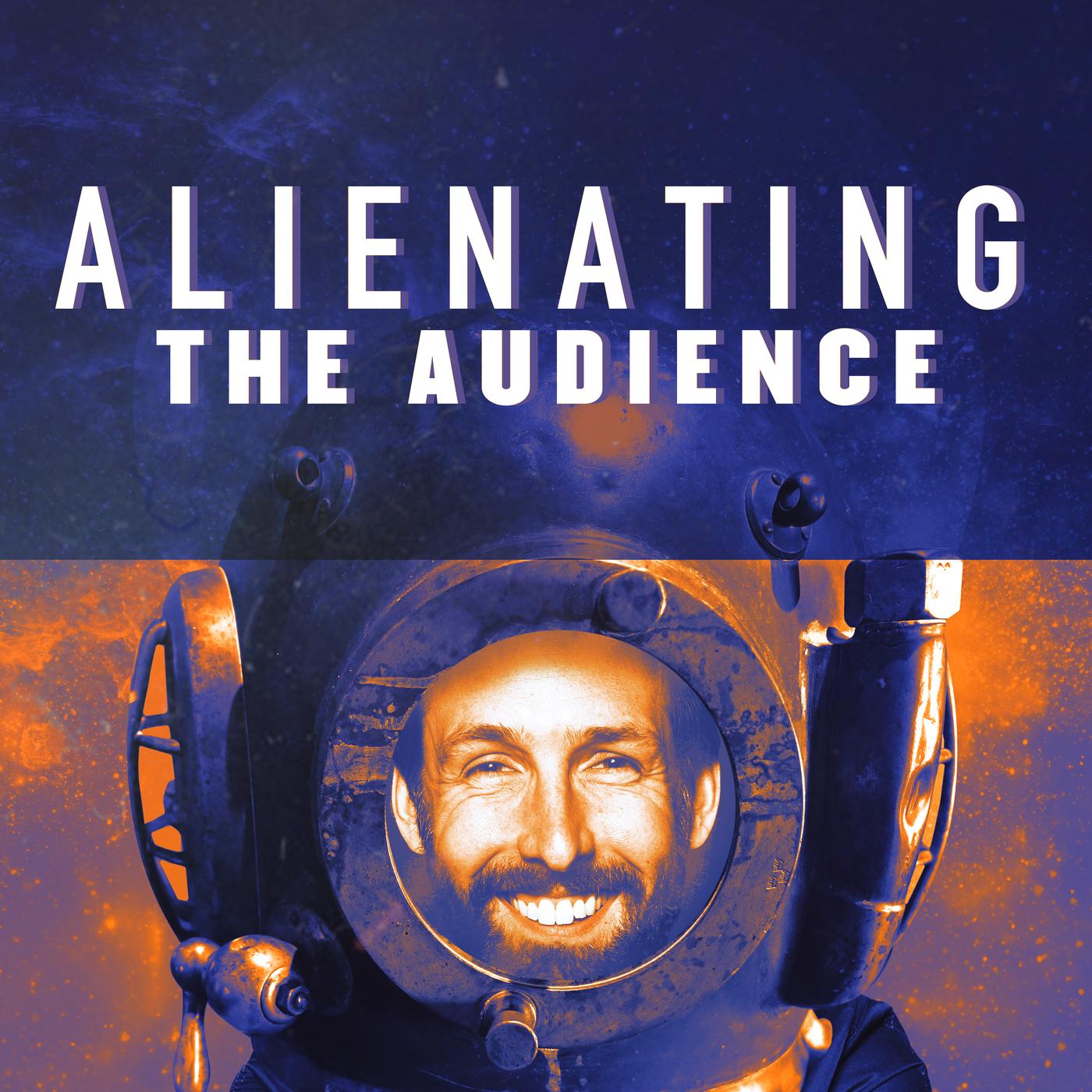
Andrew Heaton and an army of nerds plunge deep, deep into films, books, and TV shows to ask: what's science fiction really about? What is The Twilight Zone really exploring? What are the underlying themes of Star Trek? What is the worldview of Star Wars? Also sometimes Heaton performs comedy on other planets.
Anthony Burgess wrote his dystopian novel “A Clockwork Orange” in 1962, but two different versions appeared on either side of the Atlantic. The American version stops at chapter twenty, whereas the British version has an extra twenty-first chapter, which totally changes the book. Brian Brushwood joins to discuss.
The universe is really, really big. Like huge. Really really really huge. Prompting science fiction to come up with workarounds so everyone isn't stuck on the same boring 'ol planet.
Dickie Lynch rejoins to discuss.
Drew Magary’s book “The Postmortal” explores a scenario in which a vaccine is made for aging. Whatever age you take it at, you are paused there indefinitely. How does that effect marriage, retirement, and society as a whole? Josh Jennings and Ashland Viscosi return to discuss.
Madeline Miller's "Circe" novelizes the mysterious character from the Odyssey who turns men into swine, but also helps Odysseus get home. The book shows the feckless, narcissistic nature of the Greek pantheon, what is the true nature of self, and the divine patriarchy.
Alexandra August and Isabella Reinhardt join to discuss.
George Orwell died way back in 1950, and his estate has never allowed anyone to canonically (or legally) contribute to the immense worldbuilding of "1984"... Until now.
Sandra Newman recently wrote "Julia," the official sequel to 1984, which happens conterminously with its events, but from the perspective of Winston's paramour, Julia.
Josh Jennings joins to discuss.
Season Finale! In which we talk about how to use sci-fi robots for helpful psychological thought experiments.
Support the show! www.patreon.com/alienating
Star Trek Deep Space Nine's Elim Garak is a simple, unassuming character. But also a spymaster. Why is he so beguiling, and what's his character arc? Andrew Young joins to discuss.
Is 1984 prophetic, or merely a terrifying dystopia? What makes this haunting book so engaging on a literary level? Josh Jennings returns to discuss.
Star Trek: Picard recently wrapped up its third and final season--and the first season Heaton or his guests have enjoyed of it. Scottish sci-fi twins Dickie and Stone rejoin to discuss Star Trek: Picard, and what made its ultimate season likeable.
Adrian Tchaikovsky's "Children of Time" tackles multi-generational sleeper ships, uplifiting species, AI, the nature of intelligence, teleforming and more.
Richard Amiro rejoins to discuss.